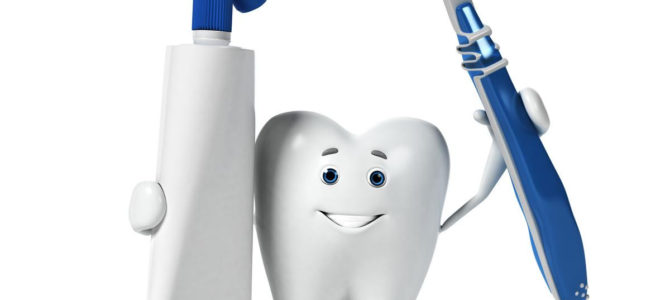Sensitive, whitening, natural, high fluoride, dry mouth toothpaste…there are so many different types on the market that knowing which is the right one for you to use is now more confusing than ever. The aim of this article is to provide some guidelines to help you choose the one most suitable for you.
So why do we use toothpaste in the first place? Toothpaste helps during the tooth-brushing process to remove plaque and bacteria from the teeth, and most importantly contains fluoride to strengthen the teeth and make them more resistant to decay. Using toothpaste is an important part of preventing tooth decay and gum disease, and keeping your breath fresh.
When choosing a toothpaste, the most important ingredient it should contain is fluoride. Teeth are made up of minerals. If you imagine these minerals are the little building blocks that form your tooth. When you eat, the bacteria in your mouth make acid, and some of these building blocks are lost from the tooth. Fluoride help to replace the blocks in and even stronger form, so that the tooth is more resistant to acid attach in the future. This type of topical application of fluoride is safe and effective for both children and adults, however lower strength formulations are advised for children and are labelled according to age.
There are also specialised toothpastes on the market which offer additional benefits apart from fluoride. Sensitive toothpaste is often recommended by the dentist to patients who suffer from overly sensitive teeth.
Sensitive toothpastes contain fluoride, but also other ingredients such as potassium nitrate or arginine and calcium carbonate, which help to block the sensitive nerve endings on worn teeth or exposed root surfaces.
Whitening toothpastes are often considered by patients wanting a brighter smile. The whitening effects from toothpaste are different to those achieved by applying professional strength whitening agents. These toothpastes have their effect via abrasive particles, which help to remove stains caused by tea and coffee drinking, red wine and smoking. While these toothpastes can make the teeth appear whiter via stain removal, they do not actually alter the tooth colour. Continual and prolonged use of more abrasive toothpastes can actually be damaging the outer layer of the tooth, the enamel. To achieve the best whitening result, speak with your dentist about professional whitening options.
There are also specific toothpastes for people who suffer from a lack of saliva and dry mouth, known as Xerostomia. These are more moisturising than normal toothpaste, and help to lubricate the dry tissues and teeth. There are many causes of xerostomia. Some of these include excessive caffeine consumption, lack of hydration, medications and medical conditions such as Sjogren’s Syndrome.
In certain cases your dentist may also prescribe a high fluoride toothpaste. These toothpastes usually contain up to 5000ppm fluoride and are used for patients with high rates of decay to prevent and stop the disease process. These are only available from your dentist or by prescription from a pharmacy.
Hopefully this information will make your next choice at the supermarket or chemist a simpler one, and if you have any more questions about looking after your teeth please give our friendly staff a call on (08) 9185 4849 to arrange an appointment with the Dentist.

